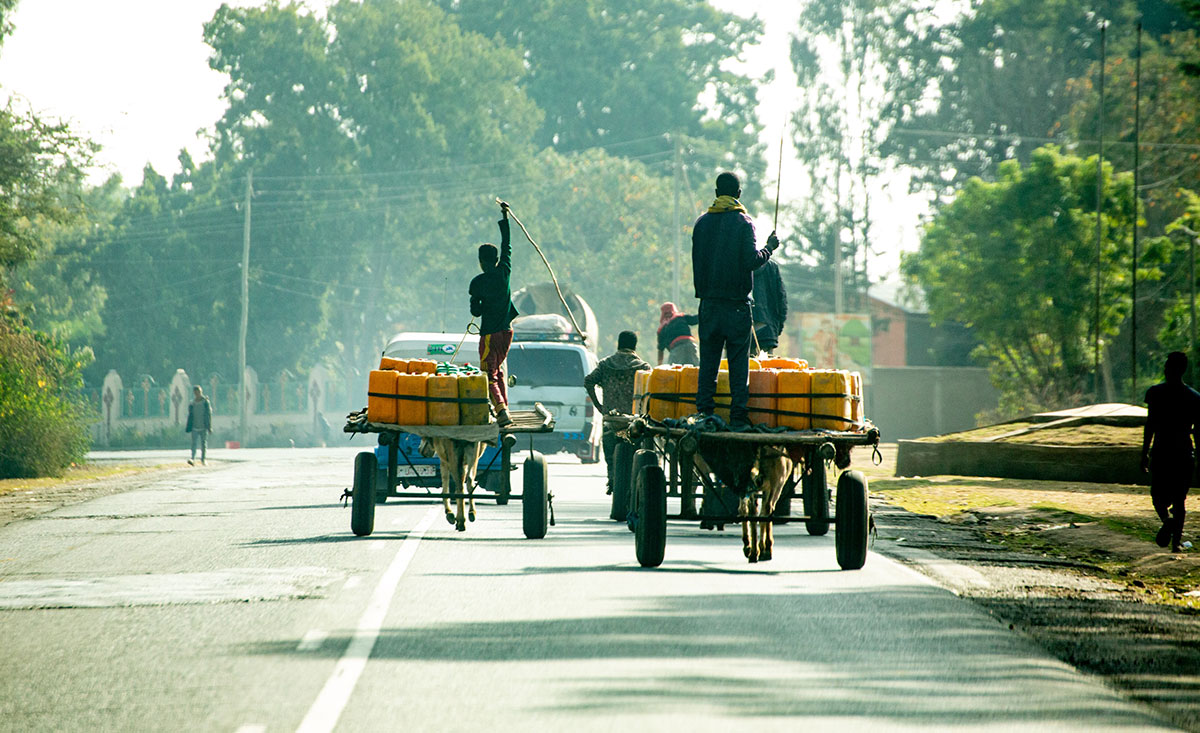
East Africa Crisis
Today the mornings news headlines feature the US mid-term elections, the Russian retreat from Kherson, Ukraine, the sorry plight of British politics and the COP 27 climate summit in Egypt.
Depending on your political point of view there is some disheartening and some uplifting news in there.
But not a mention of the continuing hunger crisis in East Africa – at least not in the papers I scanned.
The Facts
The United Nations Food and Agriculture Organisation (UN FAO) reports that 278 million or one fifth of Africa’s population went hungry in 2021 and this is expected to rise to 310 million by 2030. There have been four consecutive failed rainy seasons in East Africa and a 5th is expected. The main drought concentrations are in Somalia, Kenya and Ethiopia where cumulatively 35 million people have been drought affected. And it is not only drought; multiple shocks have created this deadly situation; climate crisis, covid, conflicts, locust invasions that destroyed crops and the soaring cost of fuel and food because of the Ukrainian/Russian war. 44% of Ukrainian and Russian wheat went to Africa before the war. To add to these frightening facts, not one penny of the promised £87.5 billion global climate fund has reached Somalia where diaspora remittances hold people up, keep people alive. Somalian remittances amount to £1.8bn annually – exceeding all the aid given to that country.
The Effects
The effects of these realities are increasing millions of people facing starvation, displacement and death. Families walk for days looking for water and food, often losing their children to malnutrition on route and too often having to bury them on the roadsides. No one wins in this situation. Those who make it to the camps for internally displace people are the lucky ones. In most cases, there is some hope and help there. International aid agencies distribute food, medicine, and offer shelter. Some families receive cash vouchers allowing them to buy essential needs. So, aid works. No one could say otherwise. But aid alone will never solve the multiple global crises we face in the developing world. We need systematic, governmental, and institutional change to the world order before we see real progress towards a just world. And that will be slow to come.
UK Aid Push Back
The UK government under the Conservative leadership has cut its aid budget from 0.7% of Gross National Income (GNI) to 0.5% and oriented it towards defence and security. This has hit the poorest hard. The possible rise of nationalism in the UK has seemingly led to a politically driven entitlement to ‘discipline the poor and protect the rich’ A senior Somalian government official recently said of the UK “Britain is no longer a key humanitarian player… it helps now with security not humanitarian… in 2017 the UK’s leadership was vital, its advocacy and energy great”. It seems turning a collective political back on the world’s poorest people sits relatively easily with our leaders. And we as a people seem not to advocate sufficiently on behalf of those with no voice and often no hope. We know what is needed: sustainable, resilient food systems that withstand shocks. And that, with commitment, is not impossible. There is, in fact, enough food in the world to feed everyone.
International development is not a devolved matter in Northern Ireland under the Good Friday Agreement which, even if the Assembly was functioning, limits what our local politicians can do.
Appeals for Aid for East Africa
Many International Aid Agencies are working in Somalia, Kenya and Ethiopia. People can lend their financial support through these appeals. Give through your charity of choice. You can make a difference.
In the UK the Disaster Emergency Committee (DEC) has not yet opened an appeal for East Africa. DEC brings together 15 leading UK aid charities to raise funds quickly and efficiently at times of crisis overseas. Appeals are open when they satisfy 3 criteria one of which is ‘reasonable grounds for considering that a public appeal would be successful’ There are DEC appeals currently open for both Ukraine and the Pakistan floods. Would it be unfair to suggest that during a cost-of-living crisis in the UK, there is only so much the public can help with outside their own borders? Or, conversely to suggest that nothing changes until disease and death hits nearer home – hits the western world? The Ukrainian war is nearer home than the East African crisis. It receives vastly more media coverage. The last East African DEC appeal in 2017 raised £72 million. To date the Ukrainian appeal has raised £389 million and rightly so
The Irish Emergency Alliance (IEA), which has similar aims to DEC and comprises 7 of Ireland’s largest charities, has opened an appeal for East Africa. We have lots of opportunity to help save lives in this hunger crises before we reach a full scale famine.
It is said the ‘Oaks grow strong in contrary winds’ and ‘calm seas never made a good sailor’. The resilience and forbearance of the people of these great African countries cannot be questioned. It is also said that ‘hope comes from the place where the hunt comes’. Let’s be part of a movement that builds that hope. Do what you can and dig where you stand.
Eithne McNulty, CADA Management Committee Member.
Views expressed in the article are not necessarily those of the members of CADA but of the author.


